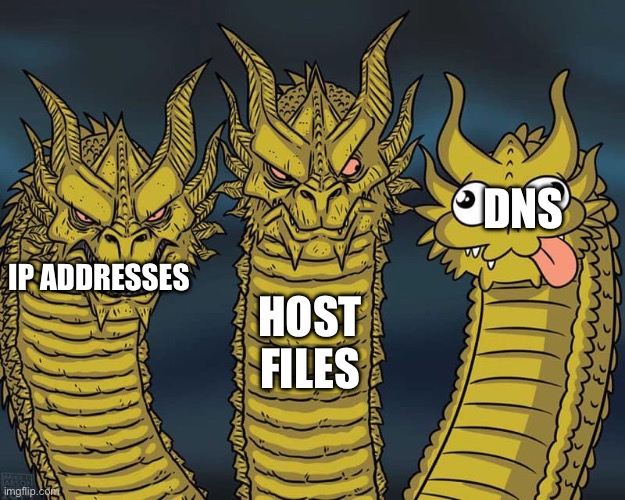this post was submitted on 30 Dec 2023
2 points (100.0% liked)
Linux
48700 readers
482 users here now
From Wikipedia, the free encyclopedia
Linux is a family of open source Unix-like operating systems based on the Linux kernel, an operating system kernel first released on September 17, 1991 by Linus Torvalds. Linux is typically packaged in a Linux distribution (or distro for short).
Distributions include the Linux kernel and supporting system software and libraries, many of which are provided by the GNU Project. Many Linux distributions use the word "Linux" in their name, but the Free Software Foundation uses the name GNU/Linux to emphasize the importance of GNU software, causing some controversy.
Rules
- Posts must be relevant to operating systems running the Linux kernel. GNU/Linux or otherwise.
- No misinformation
- No NSFW content
- No hate speech, bigotry, etc
Related Communities
Community icon by Alpár-Etele Méder, licensed under CC BY 3.0
founded 5 years ago
MODERATORS
you are viewing a single comment's thread
view the rest of the comments
view the rest of the comments

DNS setups can get fairly complicated with enterprise VPNs and stuff, but the main thing is probably just that DNS is built entirely around caching, so when something does go wrong or you’re trying to update something it’s easy for there to be a stale value somewhere. It’s also really fundamental, so when it breaks it can break anything.
Overall, though, DNS isn’t terribly complex. It’s mostly just a key-value store with some caching. Running your own nameservers is pretty cool and will give you a much better understanding of how it all fits together and scales.